
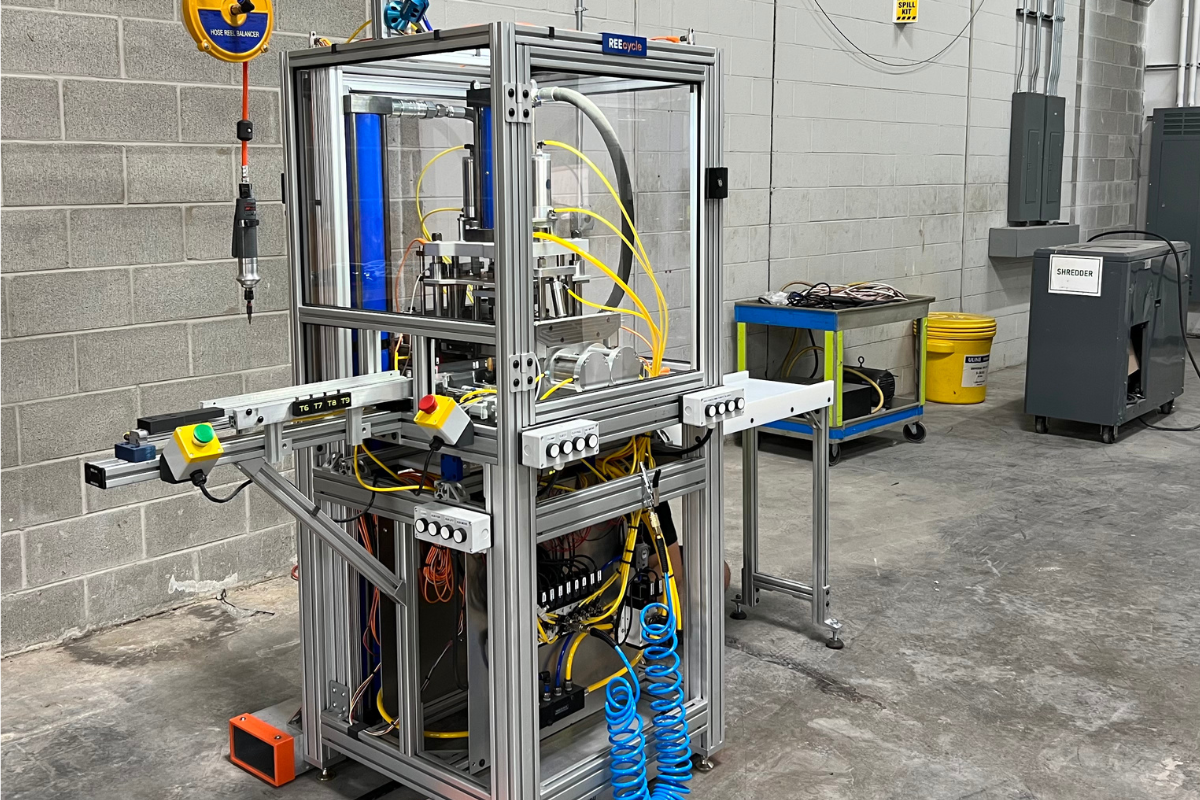
U.S.-based REEcycle includes a skid mounted drive disassembly system in its arsenal of tools for recovery rare earth elements from magnets. | Courtesy of REEcycle
Rare earth element recycler REEcycle received a $5.1 million award from the U.S. Department of Defense to advance its work in extracting elements critical to neodymium-iron-boron magnets — the key building blocks of renewable energy and national defense technologies. Continue Reading
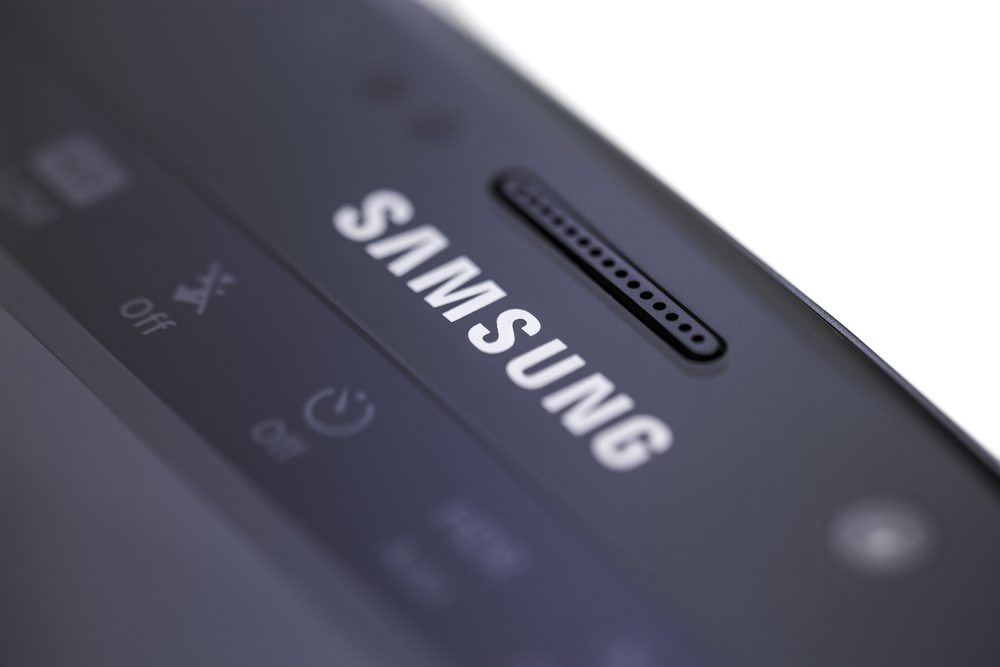
Samsung Electronics launched a Circular Battery Supply Chain to recover and reuse cobalt. | MilsiArt/Shutterstock
Samsung Electronics is working to take cobalt from old Galaxy batteries and incorporate it into new batteries. Continue Reading
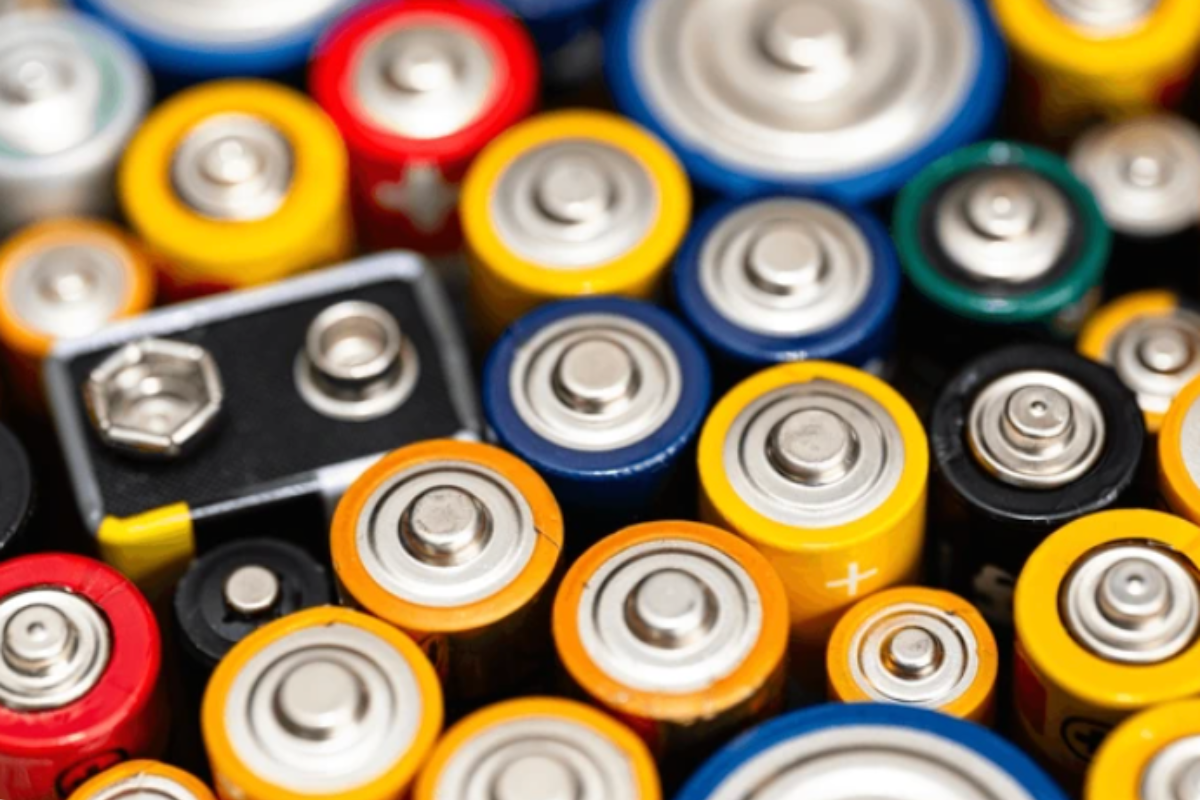
State regulators described permit and documentation issues related to an alkaline battery processing line. | Kinek00/Shutterstock
Washington state regulators this month announced an enforcement action against longtime processor Total Reclaim, stemming from battery processing violations observed during a 2023 inspection. Continue Reading
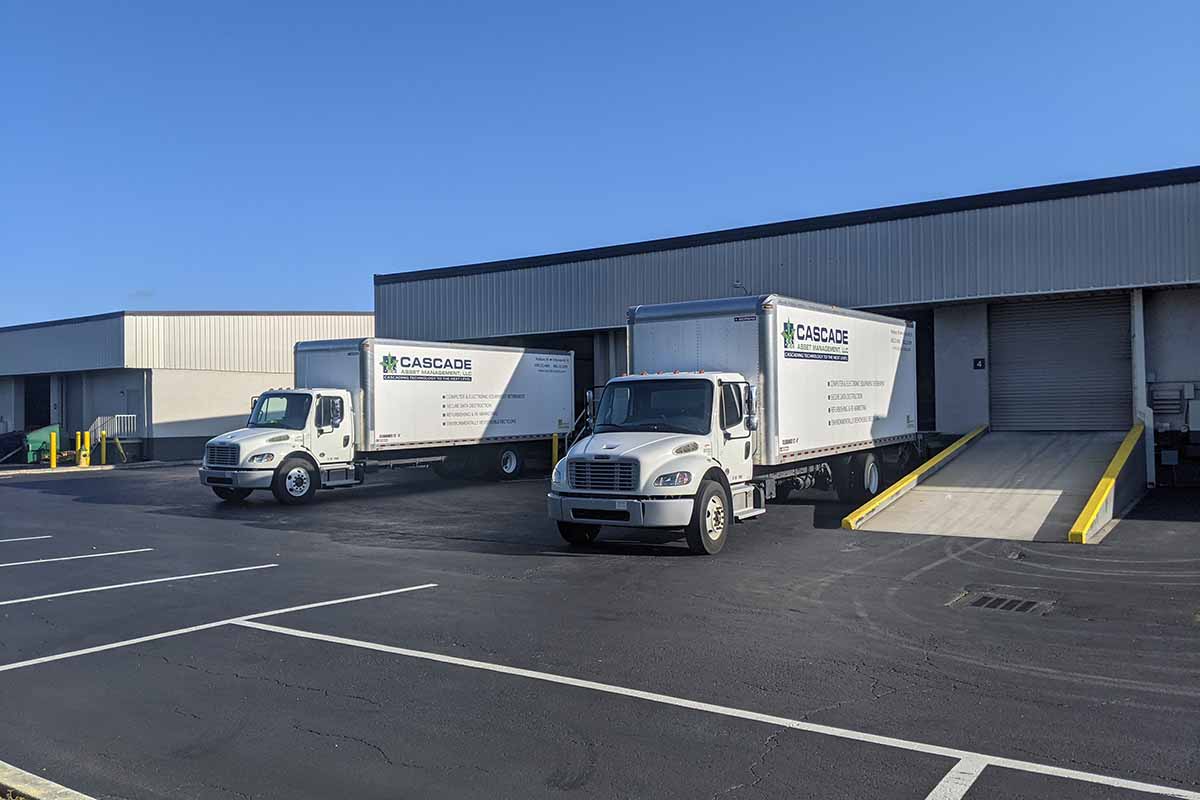
Cascade described a year of relative stability and continued return to normalcy in the IT asset disposition market. | Courtesy of Cascade Asset Management
An annual industry overview from Cascade Asset Management found resale values have largely returned to pre-pandemic levels, and a majority of surveyed IT asset managers plan to maintain or ramp up technology spending in the coming year. That suggests plenty of incoming ITAD demand. Continue Reading
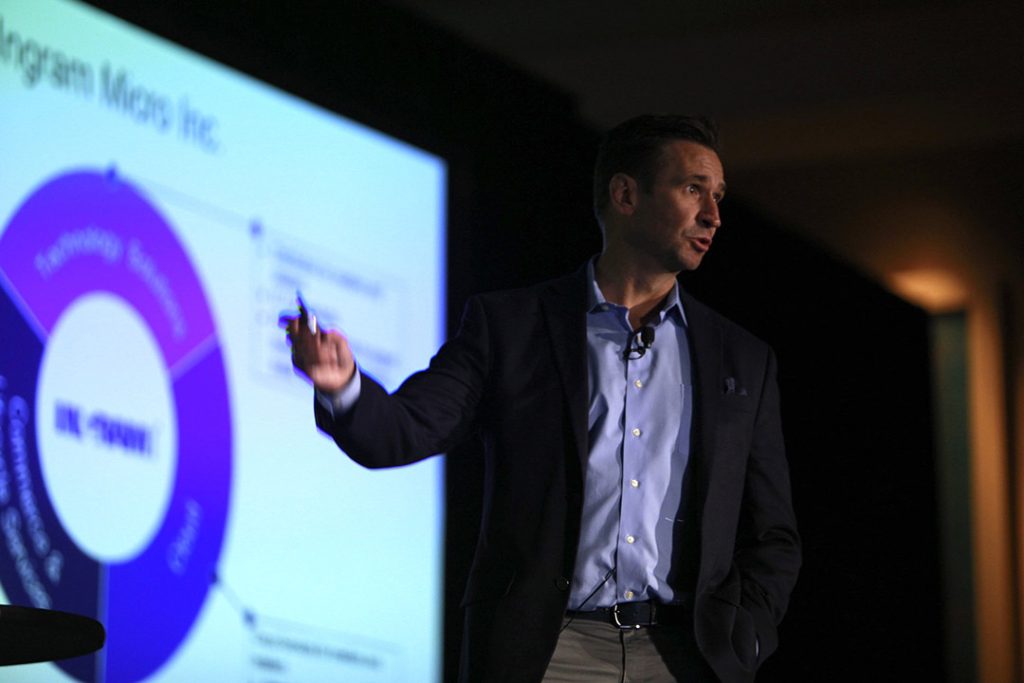
Todd Zegers became CEO at CXtec after longtime CEO Peter Belyea retired. | E-Scrap News/Big Wave Photography
After a few years running his own consulting firm, new CXtec CEO Todd Zegers didn’t think he’d re-enter the corporate world – until CXtec called.
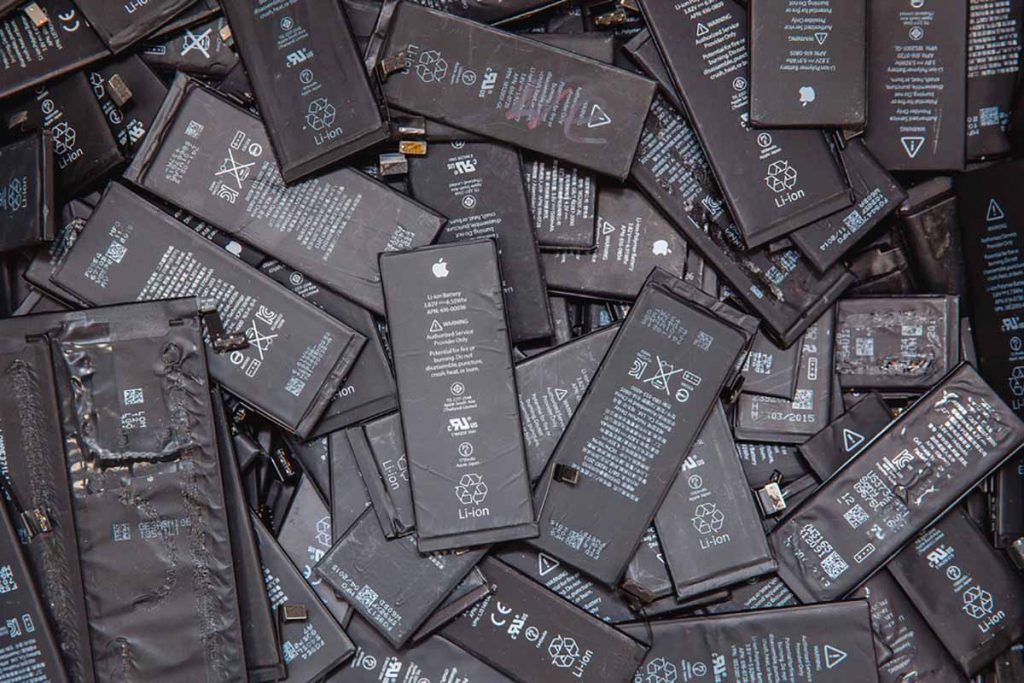
More than 20 bills concerning electronics recycling so far have been introduced in 14 states for the 2025 legislative session. | Parilov/Shutterstock
Legislators have been filing bills all month as the 2025 session starts up, and in the e-scrap realm, two main topics are again at the forefront: extended producer responsibility for batteries and the right to repair consumer electronics.

